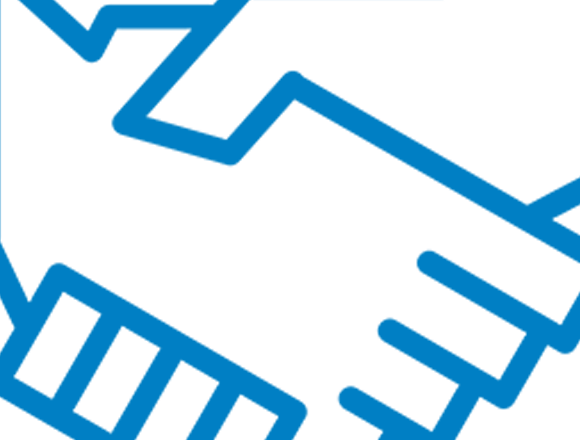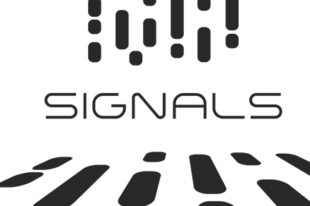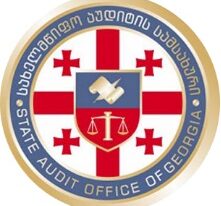Joint Effort Leads to Data Availability Comparative Analysis

by Luis Fernando Velásquez Leal, Technical Commission on Good Governance Practices Consultant and Executive Director, Corporation Acción Ciudadana-Colombia
International Standards of Supreme Audit Institutions (ISSAI) 12 on “The Value and Benefits of Supreme Audit Institutions (SAIs)—Making a Difference to the Lives of Citizens” presents important challenges to SAI institutional development and management to include internally strengthening accountability, integrity and transparency. These challenges also imply a need to fortify citizens’ capacities, which can be met by creating spaces for communication and dialogue aimed at better understanding audit work and recognizing the value audit work provides. Today’s citizens demand more and better quality public services. They also demand increased government efficiency.
To meet these demands, member SAIs of the Organization of Latin American and Caribbean Supreme Audit Institutions (OLACEFS) developed a study that can help SAIs develop innovative strategies to address accessing and disseminating information to citizens. The “Index of Availability of Information to Citizens on the Institutional Management of SAIs (IDIGI-EFS) 2017”—a project conceived between OLACEFS and the Corporation Acción Ciudadana Colombia (AC-Colombia) with support from the Technical Commission on Good Governance Practices (CTPBG)—is the first regional comparative analysis on information availability to citizens and other stakeholders.
The analysis, which centers on the scope of audit control, management and results, aims to contribute to:
- Improving SAI accountability to citizens and building good governance practices, particularly in the face of Sustainable Development Goal (SDG) implementation oversight;
- Activating institutional mechanisms to improve results; and
- Promoting greater awareness among citizens, civil organizations and all stakeholders on available information to SAIs and its usefulness in exercising control of public oversight (based on regional standards previously defined by OLACEFS with the participation of multiple institutional and social actors).
The IDIGI-EFS 2017 measurements revealed OLACEFS member SAIs averaged 51 points. These results, based on a possible range of 0-100, signify that while sufficient capacities and innovations exist, strategies can be adjusted and advanced to improve stakeholder communication.
The study highlighted several potential areas for improvement:
- Budget and Finances. Provide budget sourcing information; publish the approved annual budget showing detailed allocations; and disseminate SAI financial performance analyses and compare to audit work results.
- SAI Audit Results and Recommendation Follow Up. Present audit results and follow-up to audit provisions or recommendations to citizens and interested parties through public hearings or press conferences; convene institutional managers and provide explanatory information about expected audit results to stakeholders to enable understanding of audit guidelines and purpose.
- Information Initiatives. Develop initiatives related to goal achievement in audited social programs to illustrate the economic and social benefits through audit work; raise citizen awareness on technical aspects could allow for alternative proposals to better overcome potential limitations in SAI audit exercises and evaluations.
IDIGI-EFS 2017 results also demonstrate an inferential statistics analysis when compared to the 2016 Transparency International Corruption Perceptions Index and the 2016 Latinobarómetro indexes, especially on perceptions associated with democracy support, economic satisfaction, government approval, national image on progress, and political corruption eradication.
Based on the OLACEFS experience, all International Organization of Supreme Audit Institutions (INTOSAI) should explore similar studies and mechanisms, as seizing opportunities to facilitate citizens access to information are great ways to prove SAI value and benefits.





